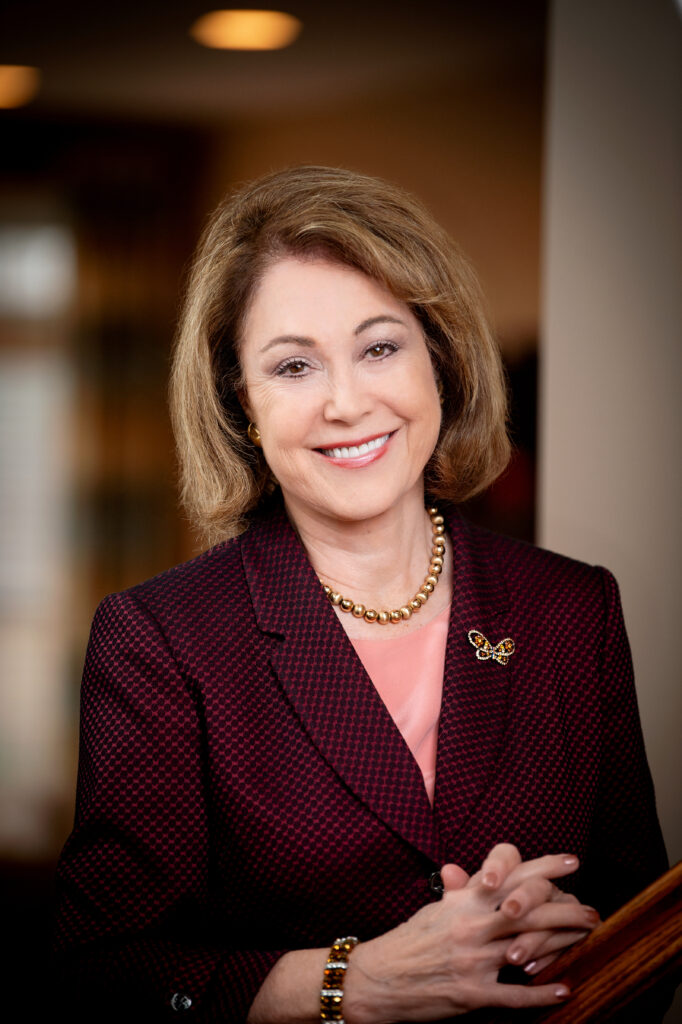Pfizer Inc., the nation’s largest manufacturer of prescription drugs, has announced plans to substantially reduce prices for its drugs for all people without health insurance, regardless of income or age. Millions of uninsured Americans will be eligible to get Pfizer drugs either free or at discounts of up to 50 percent. The program starts in August of this year.
The plan, announced on July 7, will provide:
- free medicine to uninsured individuals earning less than $19,000 and families making less than $31,000 per year;
- average savings of 37 percent and savings up to 50 percent for uninsured individuals earning less than $30,000 ($45,000 for families); and
- average savings of 15 percent and savings up to 25 percent for uninsured individuals earning more than $30,000 ($45,000 for families).
The discounts are similar to those made available to large purchasers such as hospitals and HMOs. The free medicines will be given to patients from their physicians’ offices and from community health centers and hospitals.
“Pfizer Pfriends”
The new program, called “Pfizer Pfriends,” will be promoted via a Web site and single toll-free number with live operators to help people sign up.
“We are providing choice, simplicity, and expanded access to help Americans get the medicines they need,” said Pfizer Chairman and Chief Executive Hank McKinnell. “Because we all know that millions of Americans can’t afford health insurance, we are making an unprecedented commitment to help these hard-working people gain access to prescription medicines.
“We understand the need for action to help people who can’t afford medicines or insurance,” McKinnell continued.
Positive Reactions to the Program
Response to the plan was immediate and favorable. Sen. John Breaux (D-Louisiana) said, “Pfizer’s announcement that it will provide discounts on prescription drugs is very good news for all Americans who are uninsured, and especially for low-income citizens, including seniors. This company’s discount, combined with the Medicare discount card and the future Medicare drug insurance program, will be of tremendous help in purchasing prescription drugs.”
Tommy Thompson, secretary of the Department of Health and Human Services, said, “I commend Pfizer for helping families get access to the life-saving and life-enhancing drugs they need.”
Sen. Rick Santorum (R-Pennsylvania) said, “Pfizer’s action today is strong evidence that when the innovation of the private sector is brought to bear on complex public policy challenges, very good things can happen. By lowering the price that the uninsured will pay for Pfizer medicines, Pfizer serves as a model for other pharmaceutical companies in providing millions of uninsured Americans with the access to the medicines they need when they need it.”
According to Elliott A. Shaw, Jr., director of government affairs for the Business Council of New York State, “This program is another great example of the commitment the business community has to providing access to affordable prescription drugs. We will make sure that we communicate the details of this new program to The Business Council’s membership. We wish Pfizer the best with this important endeavor.”
Public Policy Implications
“Pfizer’s announcement could be the last nail in the coffin of the claim that ‘greedy’ drug companies are forcing the poor and senior citizens to choose between lifesaving drugs and food or rent,” said Manhattan Institute Senior Fellow Robert Goldberg. “The poor have their drugs paid for by Medicaid, and starting soon the elderly will have most of their drug costs covered by Medicare. Pfizer’s program fills in the remaining gap: the uninsured who are neither poor nor elderly.”
“Many drug companies already compete to provide discounts to low-income seniors, and they give away millions of dollars’ worth of medicine every year,” said Steven Entin, president of the Institute for Research on the Economics of Taxation (IRET). According to Entin, drugs sold to state Medicaid programs are also heavily discounted. This differential pricing–charging more to those who are insured or can afford to pay, and charging less or giving drugs away for free to those who are poor–is “economically efficient,” says Entin, because “it results in a larger quantity of drugs being sold to willing buyers than if a single price were charged to all consumers. The practice results in more funding of research and development, and produces more life-saving medicines than could be supported under a one-price-fits-all regime.”
Pat Kelly, president of Pfizer’s U.S. Pharmaceuticals unit, told The Hill the plan was “not necessarily” a response to political pressure to legalize reimportation of drugs from Canada and other countries where price controls make them cheaper than in the U.S. However, it is clear the plan takes some of the wind out of the reimportation campaign by making drugs free or available at prices comparable to those in Canada for anyone who might not be able to afford them otherwise.
Kelly added that the program will provide a “safe, secure, and sustainable supply” of the cheaper drugs in a way “no reimportation scheme could.”
Charly Tavers wrote in the July 7 issue of The Motley Fool, a popular investment newsletter, “I cannot see any negatives with Pfizer’s strategy here. It fills a major need in our society by providing drugs at a lower cost to the uninsured. That’s a move that should improve its public image. Also, if the program takes off, it could short-circuit the threats of re-importation and price controls.”
Joseph L. Bast is president of The Heartland Institute. His email address is [email protected].




